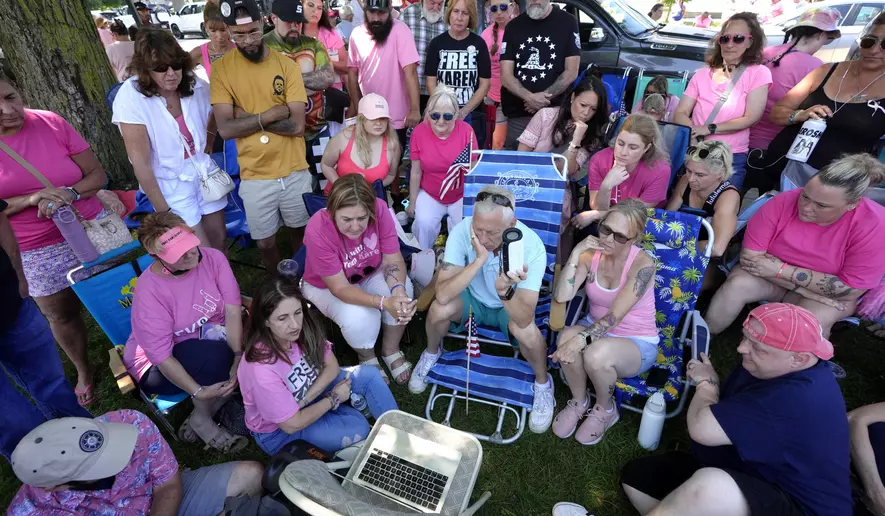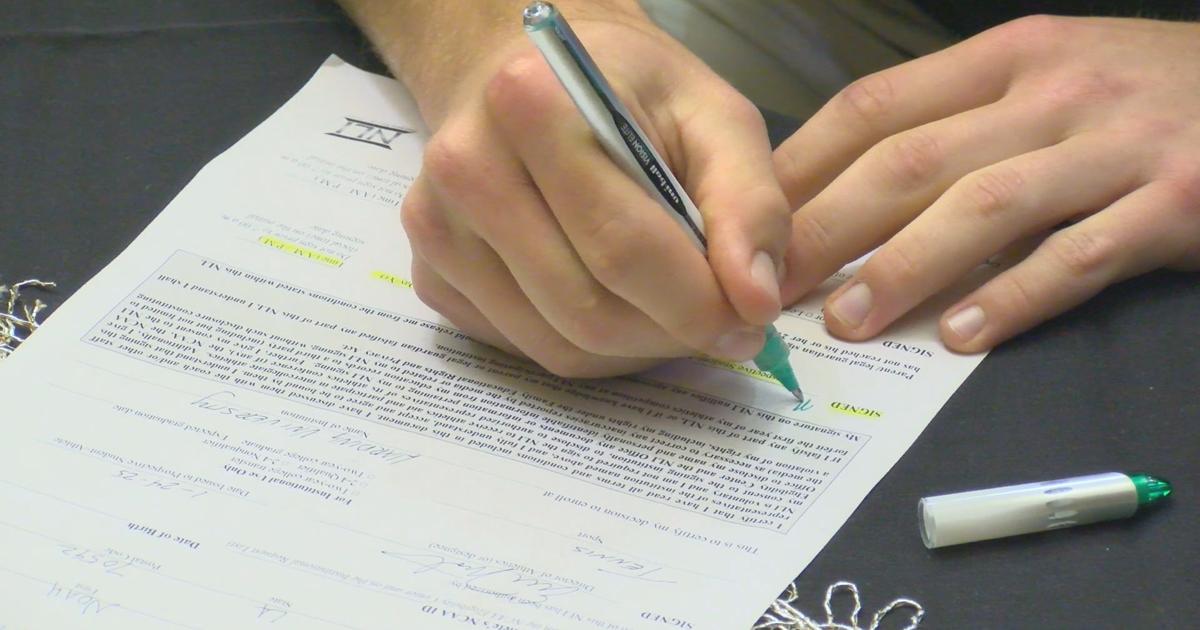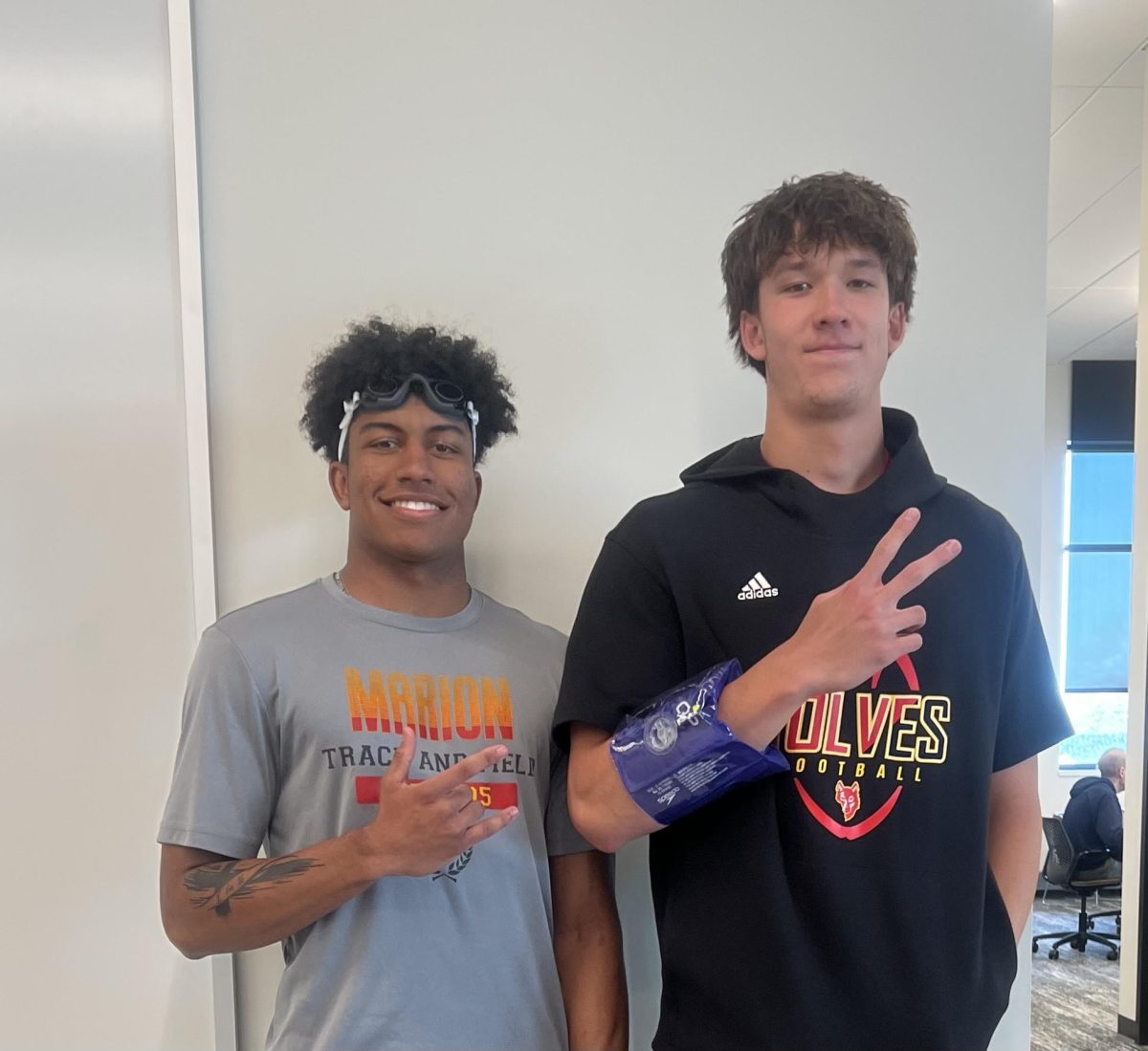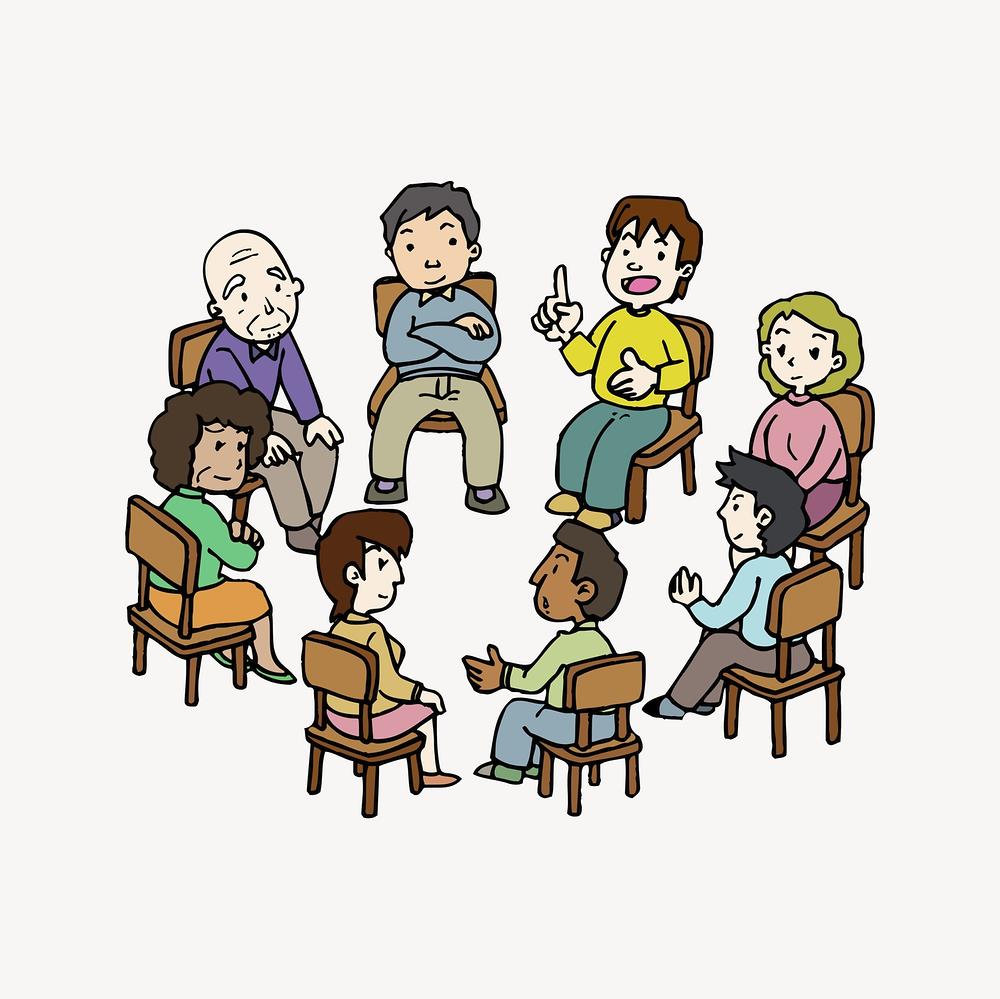Innocent until proven guilty. The phrase that the U.S. Court of Law has claimed to go by since the beginning. But what happens when multiple people claim false accusations, which results in the exact opposite meaning of such: “guilty until proven innocent?” This is what some believe is happening in the case of Karen Read vs. MA.
This specific trial accused Karen Read, at the time, a professor at Bentley University, of killing John O’Keefe, a Boston police officer, and her then-boyfriend. The two had been out drinking with friends and coworkers the night of Jan. 28, 2022, when Jennifer McCabe, a close friend of O’Keefe, invited them to 34 Fairview Road, her brother-in-law and retired Boston police officer, Brian Albert’s, house, to continue hanging out. In HBO Max’s “Watch a Body in the Snow: The Trial of Karen Read,” she said that she wanted to ensure they were welcome once she had driven to Albert’s home around midnight. Seeing as the friends were much closer to O’Keefe than her, she sent him into the house and, after waiting for a couple of minutes, she got upset with his lack of confirmation and left, calling multiple times on the way home, angry that there was no answer. Little did Read know that that would be the last time she saw her boyfriend alive.
That night, there had been a big snowstorm, and after Read woke up, she realized that O’Keefe had never come home and became frantic. She recruits McCabe and another, Kerry Roberts, to help her search. McCabe suggests looking through his house. They ended up retracing their steps back to the Alberts. Read saw O’Keefe’s unresponsive body lying in the snow. McCabe then called 911 at roughly 6:04 am; he was taken to Good Samaritan Hospital, where he was later pronounced dead. McCabe and Roberts were both called to the stand as witnesses to testify against Read; they said that Read was hysterical and repeatedly saying, This piece of information sets the whole case in motion.
People involved or curious about the case are significantly divided; they either believe that Read is innocent and have come to the assumption that the people at the Albert’s home that night took part in O’Keefe’s death, or they think that she is guilty and has no remorse for what happened. To guarantee the case went smoothly with no persuasion from protesters of either side, authorities set up a 200-foot buffer zone, meaning no shirts or signs of any sort within the said area that could cause speculation.
Read was arrested just two days after they found O’Keefe. At that point in time, her phone was taken into custody, and she was charged with manslaughter, motor vehicle homicide, and leaving the scene of an accident. She pleaded not guilty and was released on bail. Later in June 2022, the charge increased to second-degree murder, motor vehicle manslaughter, and leaving the scene of a collision. The first trial hearing was held last April.
There is a substantial amount of evidence that supports the idea that Read supporters have. To start, there were 11 people in the house at the time of O’Keefe’s supposed death, but all except one had not seen his body lying in the snow to the side of the house when they left, even the plow driver, Brian Loughran, said that when he drove past 34 Fairview Road at roughly 2:45 am, he saw no body there. Albert also happened to destroy his phone, sell his home, and get rid of his dog after the accident. As well, McCabe did a Google search “hos [sic] long to die in cold” at 2:27 am on Jan. 29, 2022.
Additionally, the investigation of this case was done poorly by Trooper Michael D. Proctor. For example, solo cups and paper grocery bags were used during evidence collection, and exceedingly inappropriate text messages about Read were sent between Proctor and his coworkers. The first trial resulted in a hung jury, meaning they couldn’t reach a unanimous consensus, which caused a mistrial. The second hearing is currently ongoing, and as a relief, Proctor was dishonorably discharged from the Massachusetts State Police on March 19.
Whether one believes Read is innocent or if she is condemnable, one can’t deny that the evidence doesn’t add up, and the right questions aren’t being asked. It’s not clear whether innocent until proven guilty is still the phrase the Court of Law abides by anymore.









